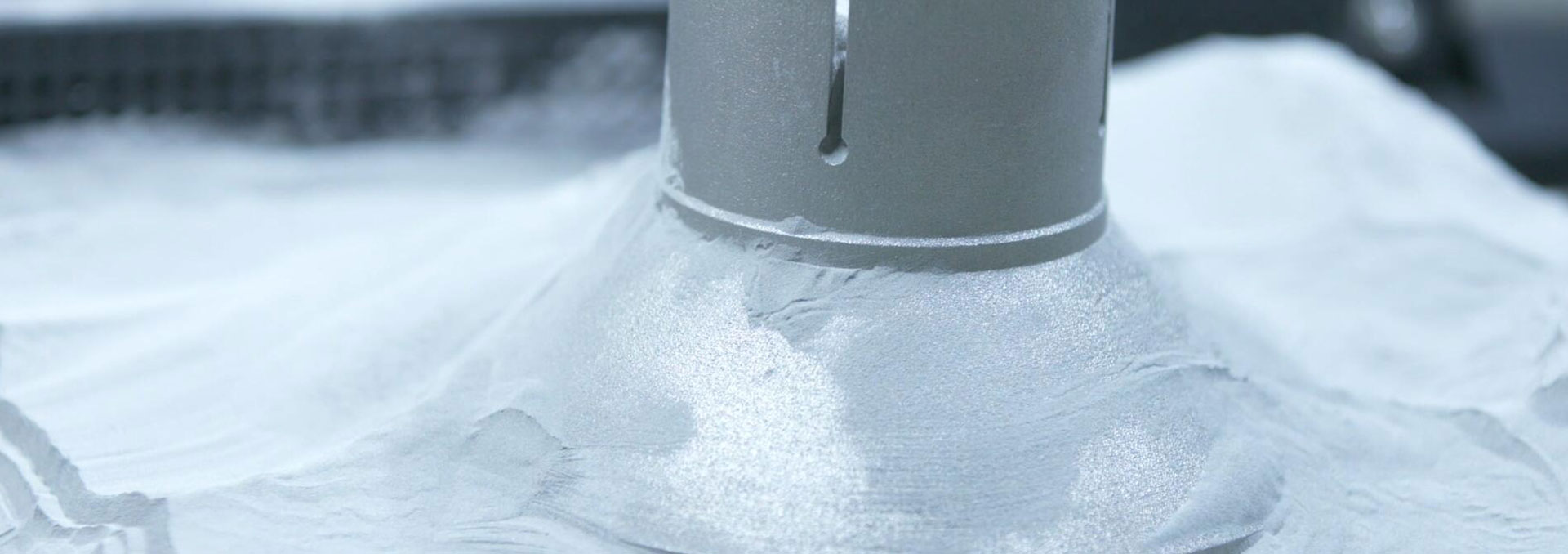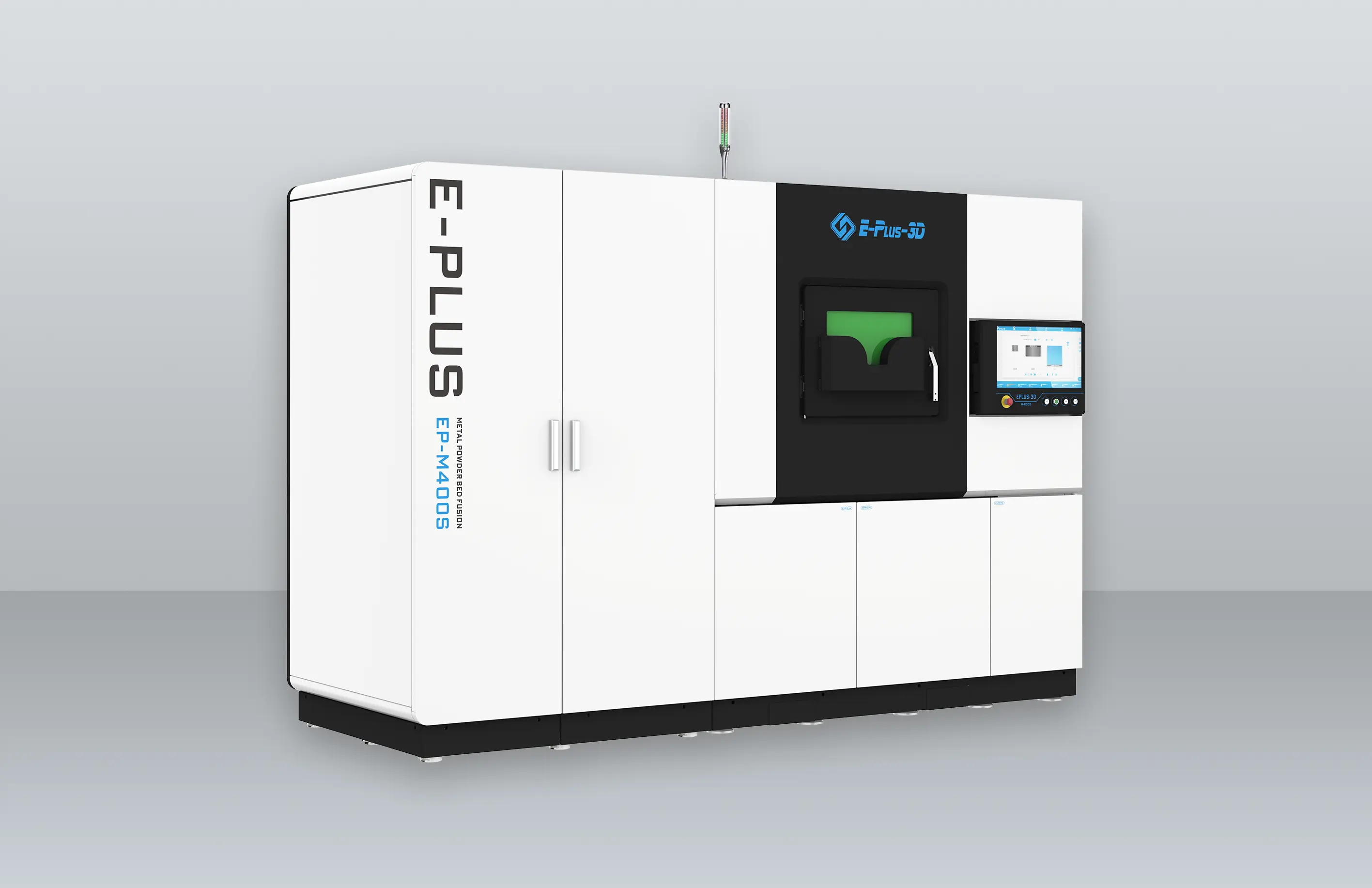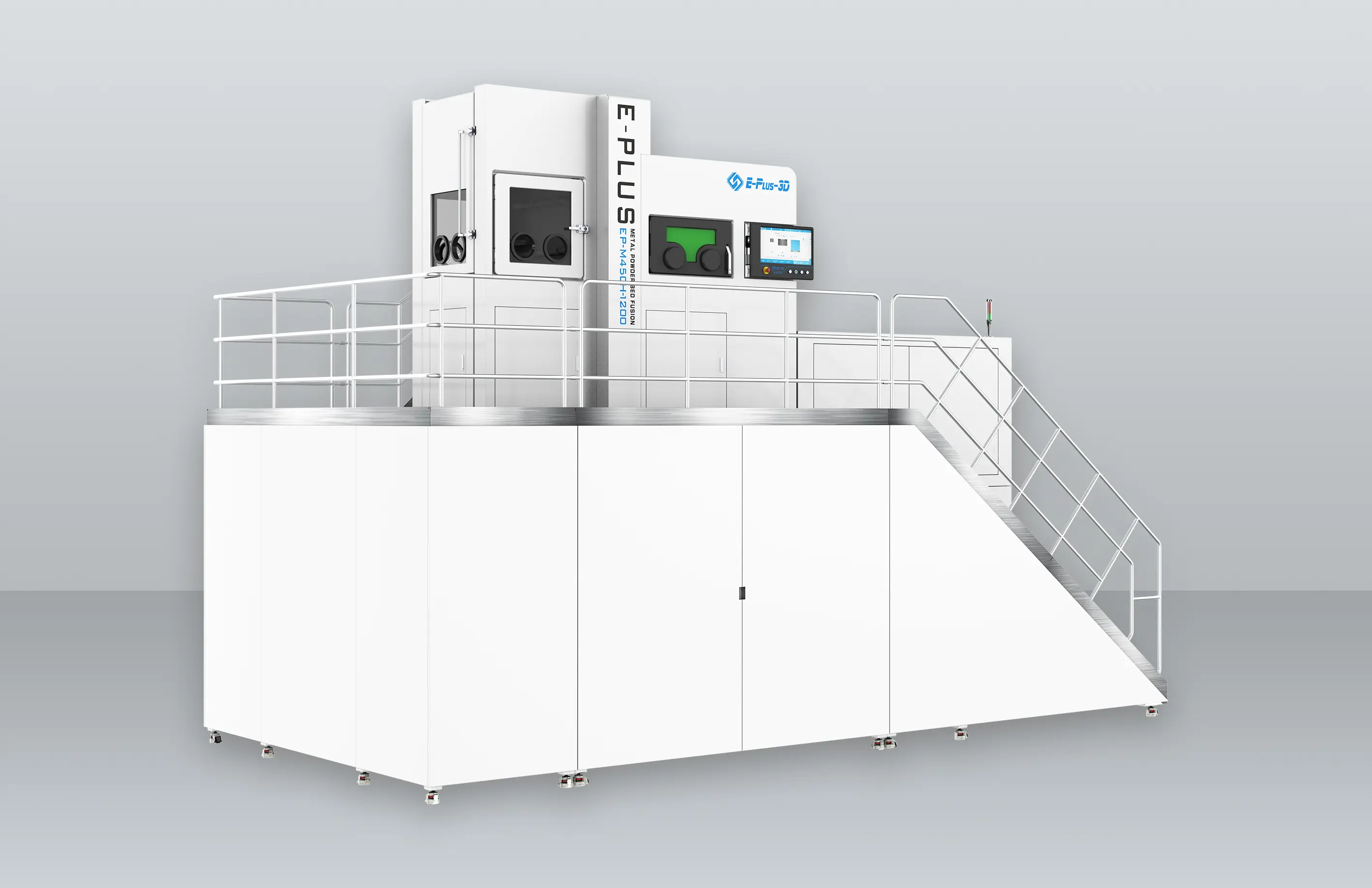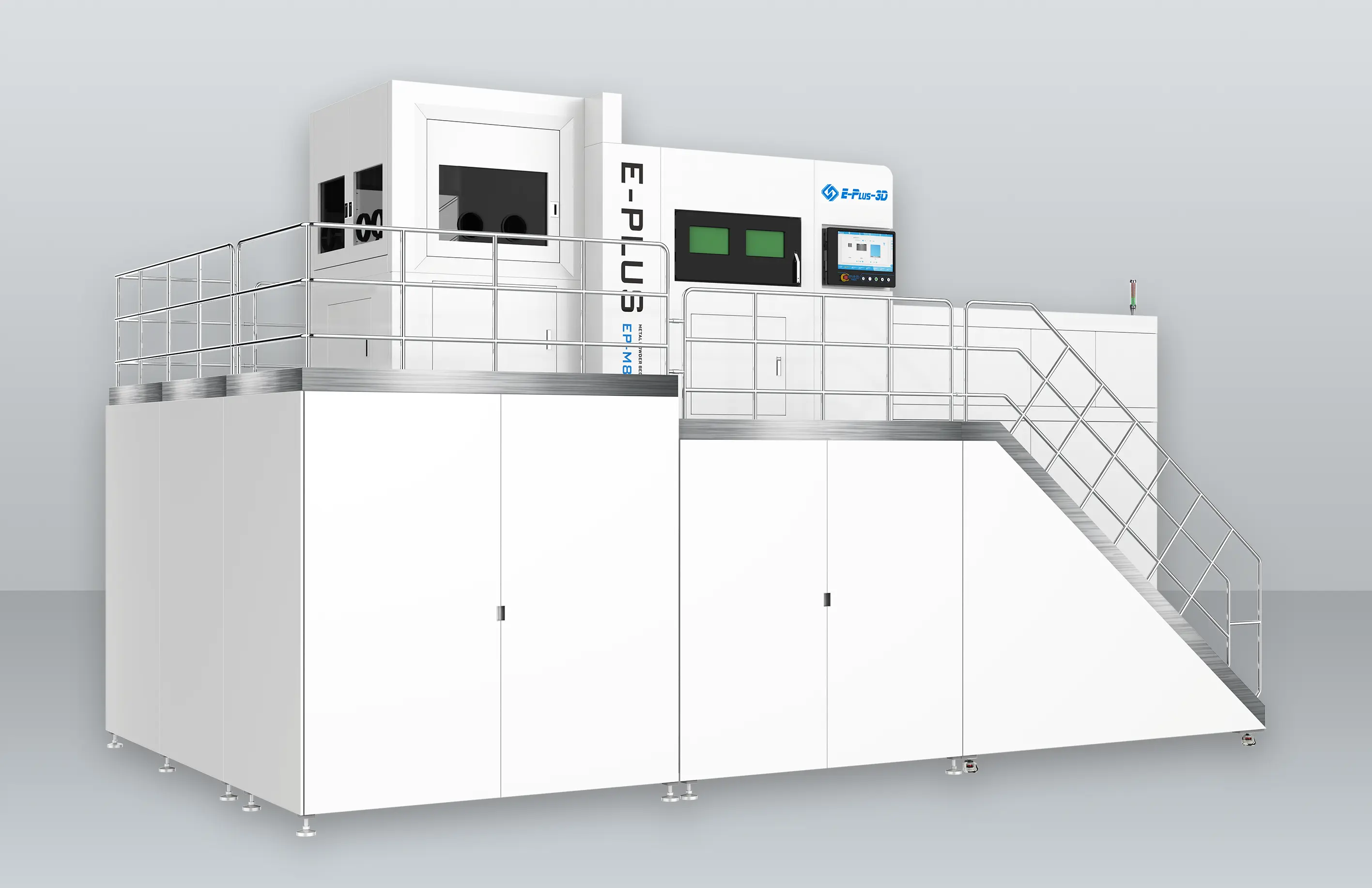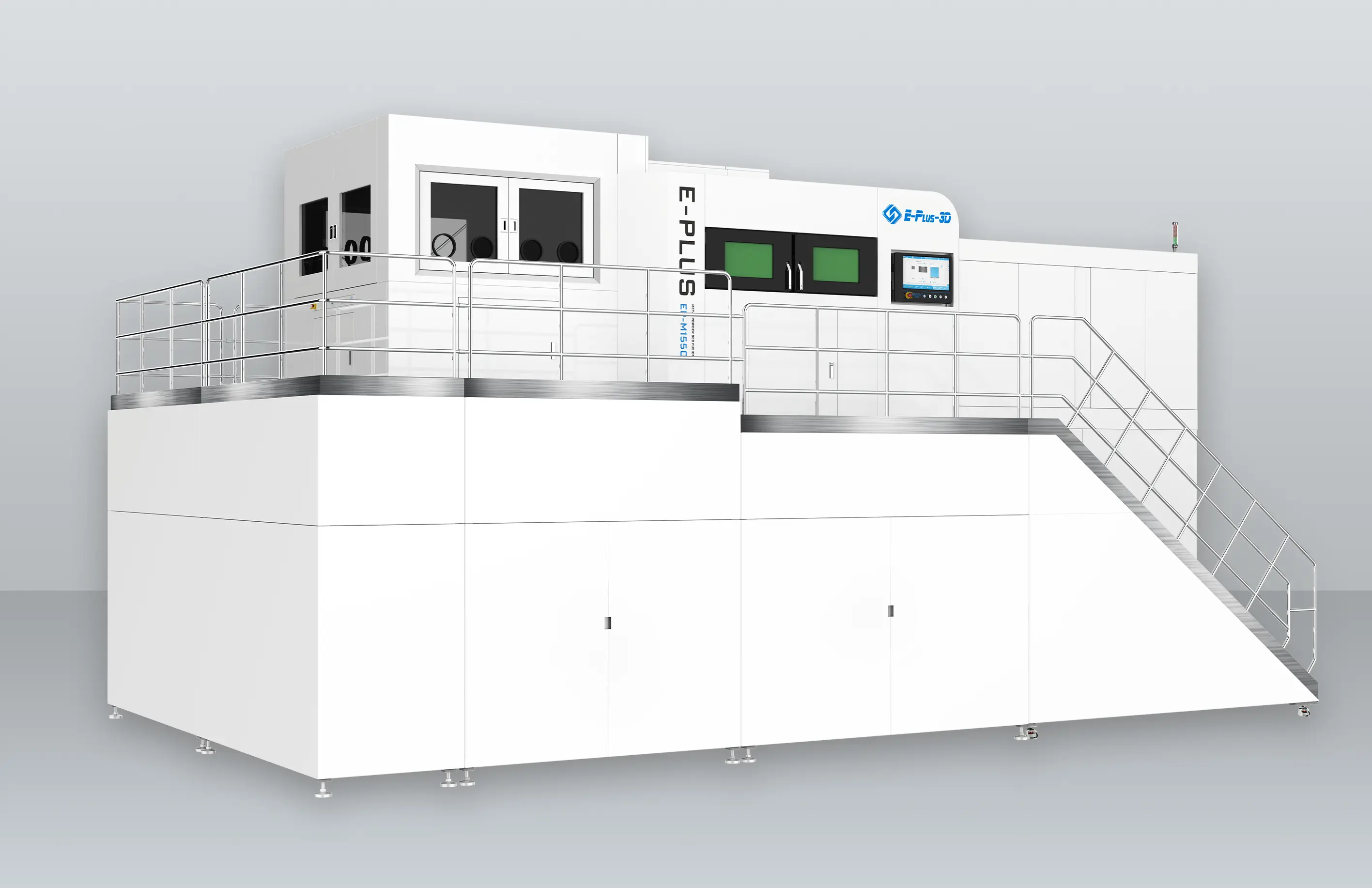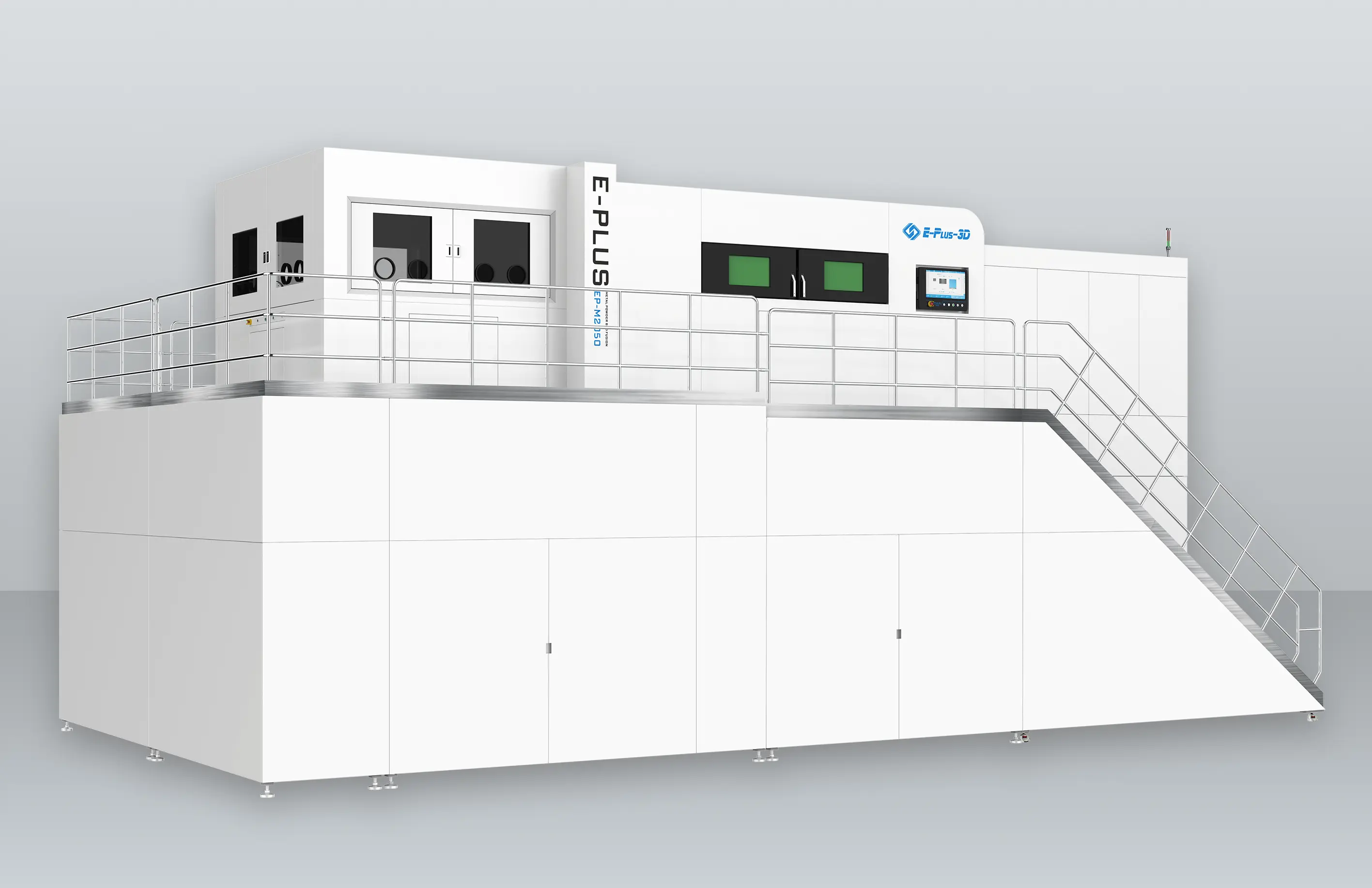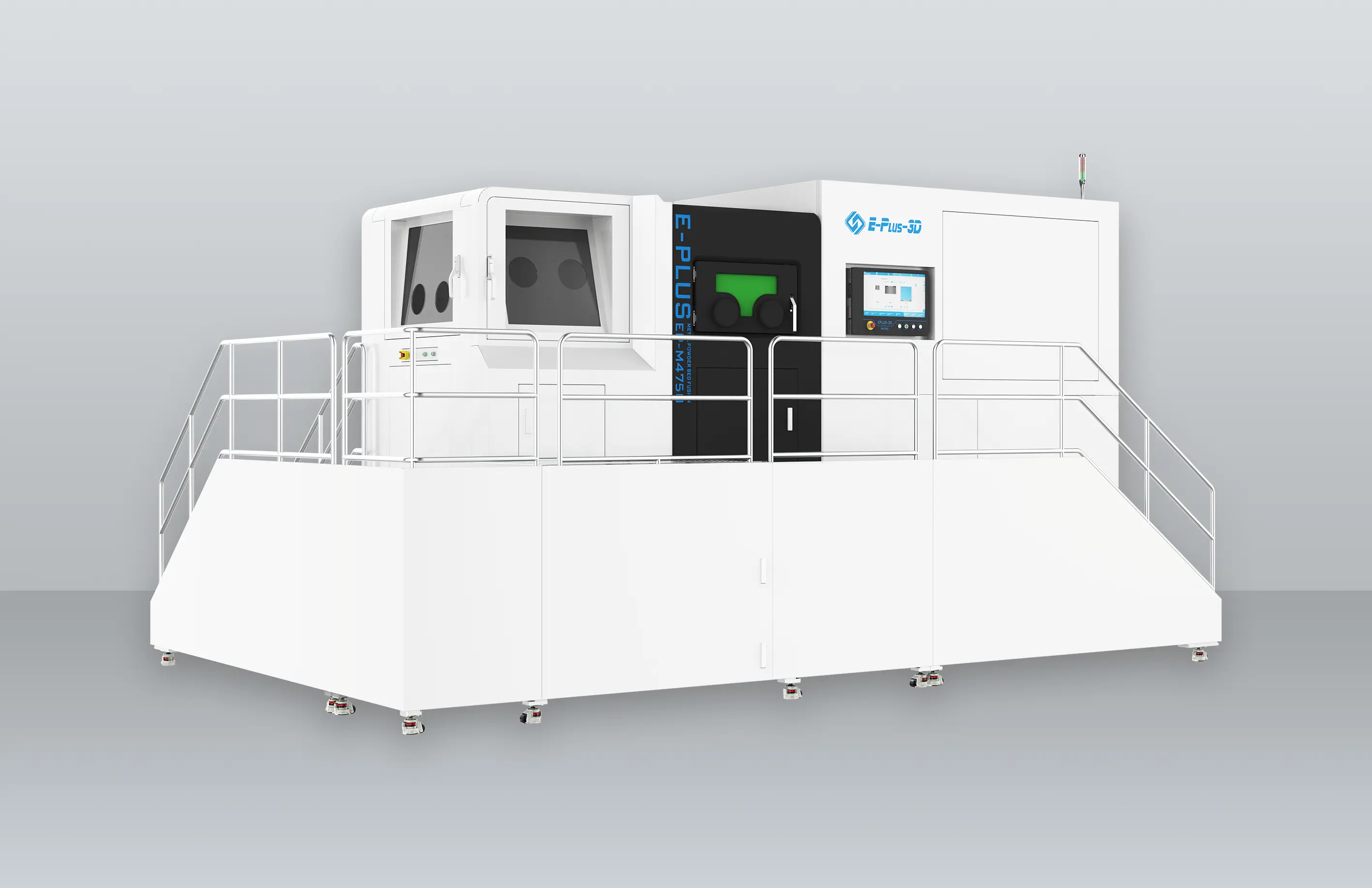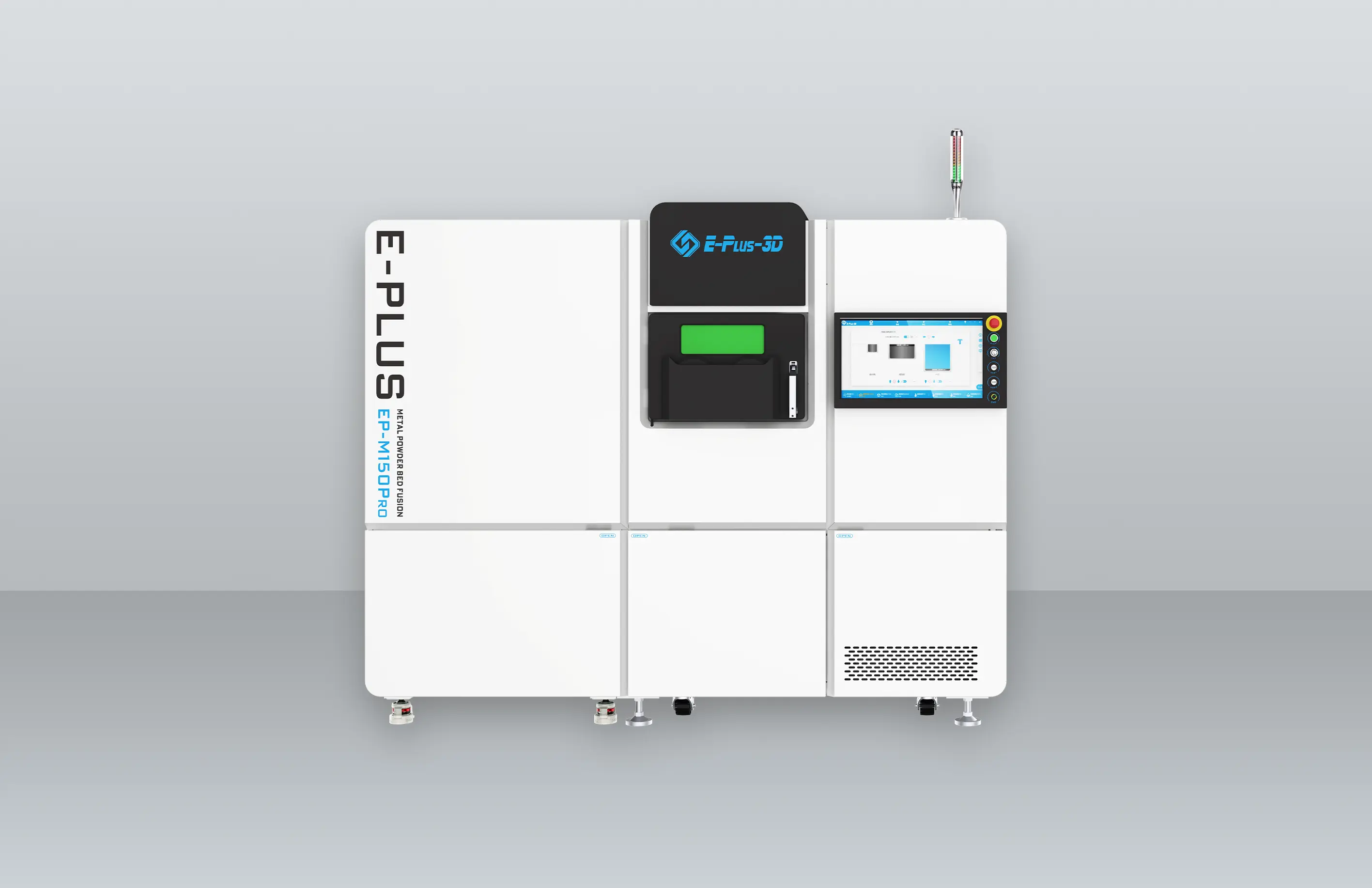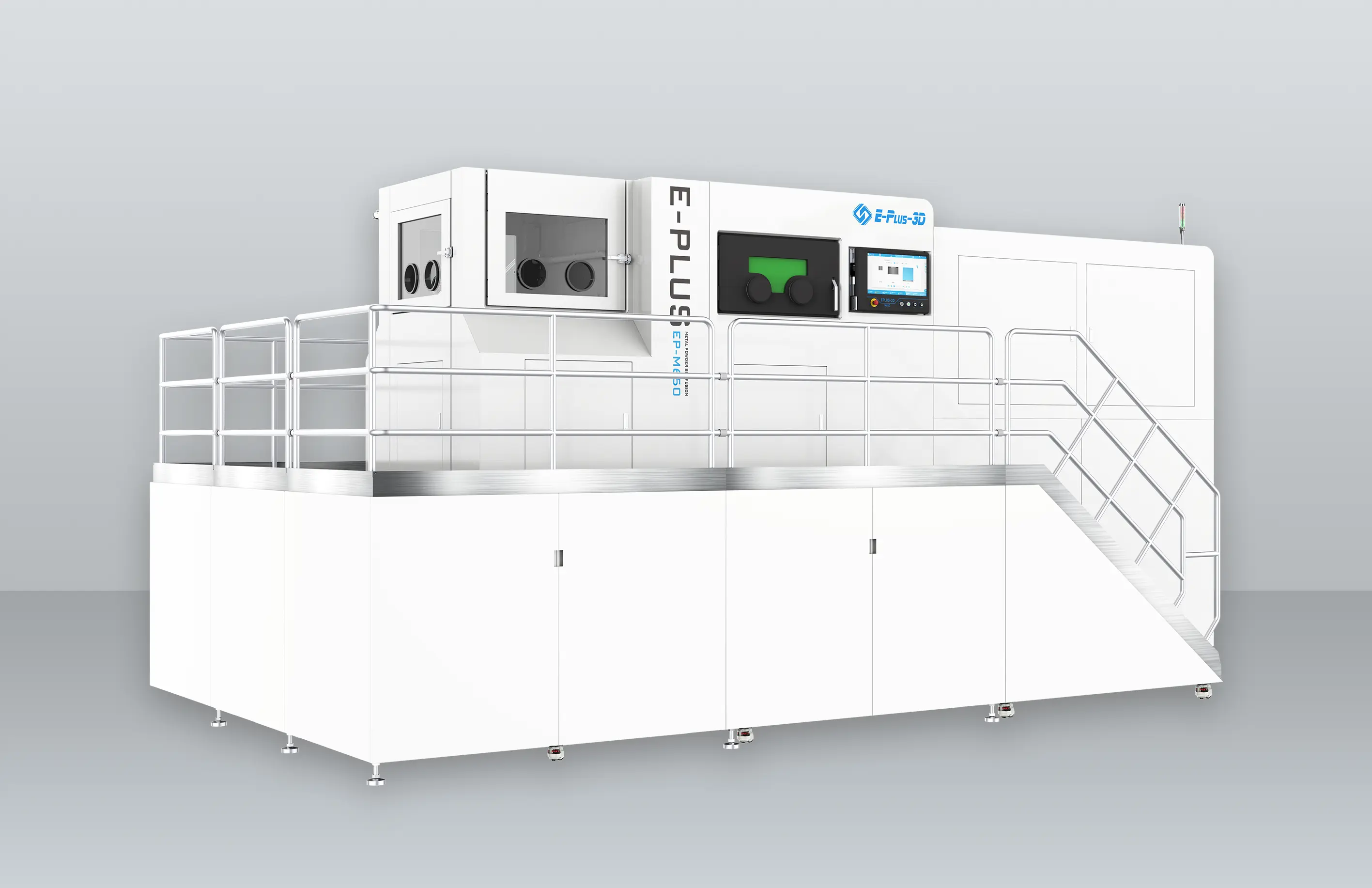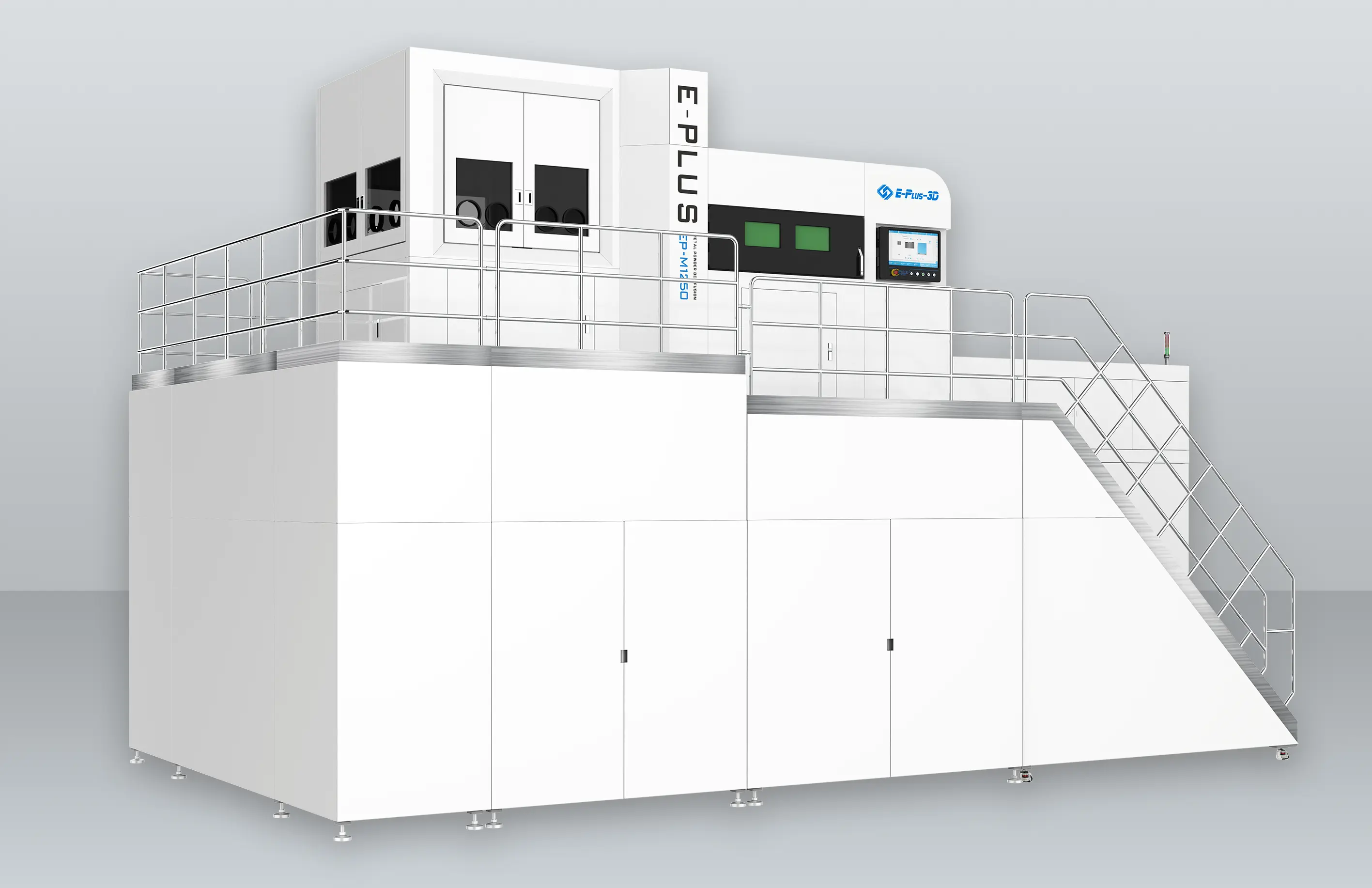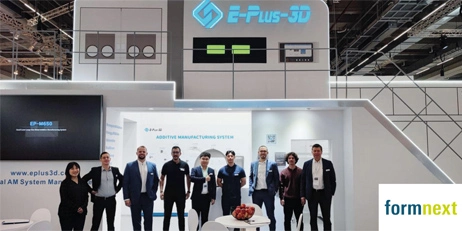Metals have been widely used in aerospace, automotive, medical and other industries with 3D printing technology, including Direct Metal Laser Sintering (DMLS), Selective Laser Melting (SLM) and Electron Beam Melting (EBM). Today we will talk about two of the common materials used in metal 3D printing: nickel-based alloys and cobalt-chromium alloys.
Nickel-based alloy is an excellent aerospace material which is particularly suitable for SLM technology. It refers to a kind of alloys that have high strength and certain comprehensive properties such as oxidation resistance and corrosion resistance at a high temperature of 650 to 1000 celsius degree. Compared with iron-based alloys and cobalt-based alloys, nickel-based alloys can work in higher temperature and higher stress environments with good mechanical properties, oxidation resistance, heat and corrosion resistance. With the development of the aviation industry, the parts printed with nickel-based alloy are used to prepare hot end parts such as turbine discs and turbine blades in aerospace engines due to their excellent performance, which can not only improve the stability and heat dissipation efficiency of the engine, but also make the aviation engine have greater thrust. Nickel alloy with 50% titanium is mainly used in the manufacture of aircraft structural parts, etc.

Cobalt-chromium alloy is an ideal material for medical implants. It refers to a high-temperature alloy with cobalt and chromium as the main components. Cobalt-chromium alloy has excellent corrosion resistance and mechanical properties and the parts made of it have high strength, high temperature resistance, and outstanding biocompatibility. Cobalt-chromium alloy was first used to make human joints, and now it has been widely used in the oral cavity. Because it does not contain harmful nickel or beryllium elements, 3D printing personalized cobalt-chromium alloy porcelain teeth has become the first choice for non-precious metal ceramics.

The cobalt-chromium alloy products produced by the traditional casting process have a large shrinkage rate and a large error compared with the initial model. The cobalt-chromium alloy parts manufactured by 3D printing technology have high strength and precise size, and the smallest size that can be produced can reach 1mm, so the mechanical properties of the parts are much better than those made by forging processes.
Besides above two materials, there are many other materials which are widely used in metal 3D printing, such as titanium, aluminum and stainless steel, etc. Eplus3D offers various metal powder for your additive manufacturing solution with wide range of applications, including aluminium alloys, titanium alloys, cobalt chrome, nickel-based, stainless steels, tooling steels and copper alloys. Our 3D printing materials, machines, and process parameters fit together optimally.



